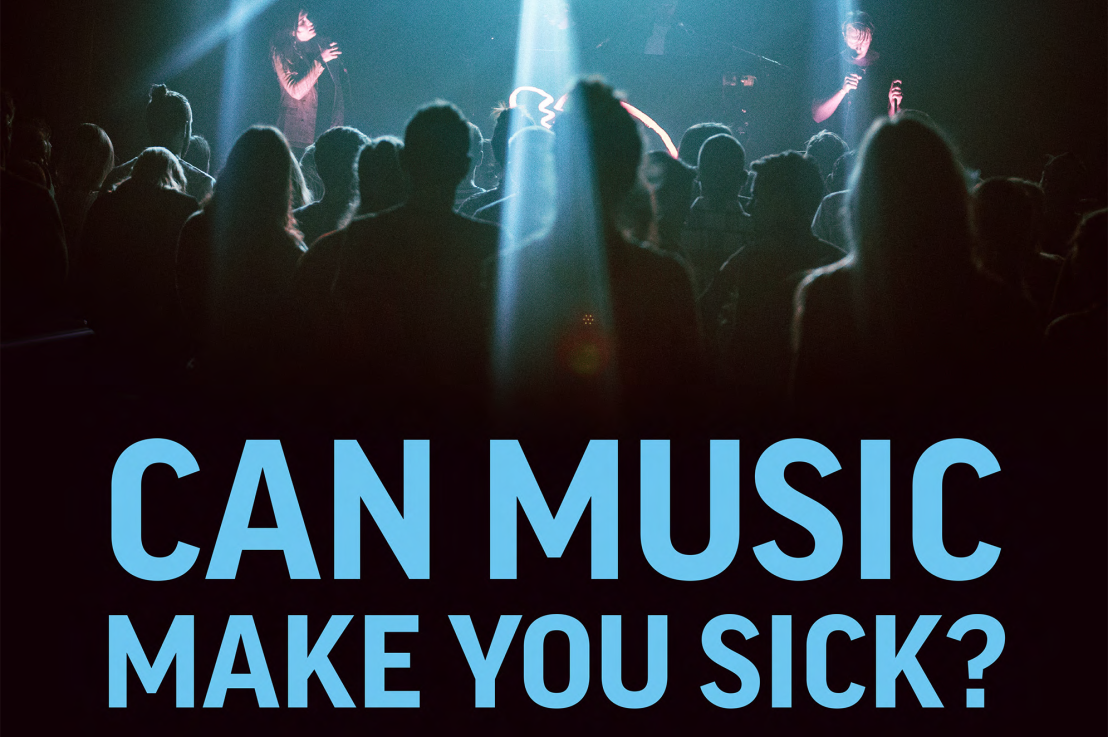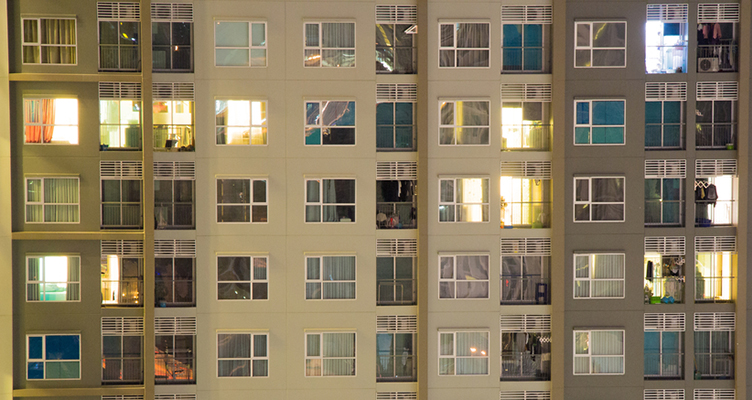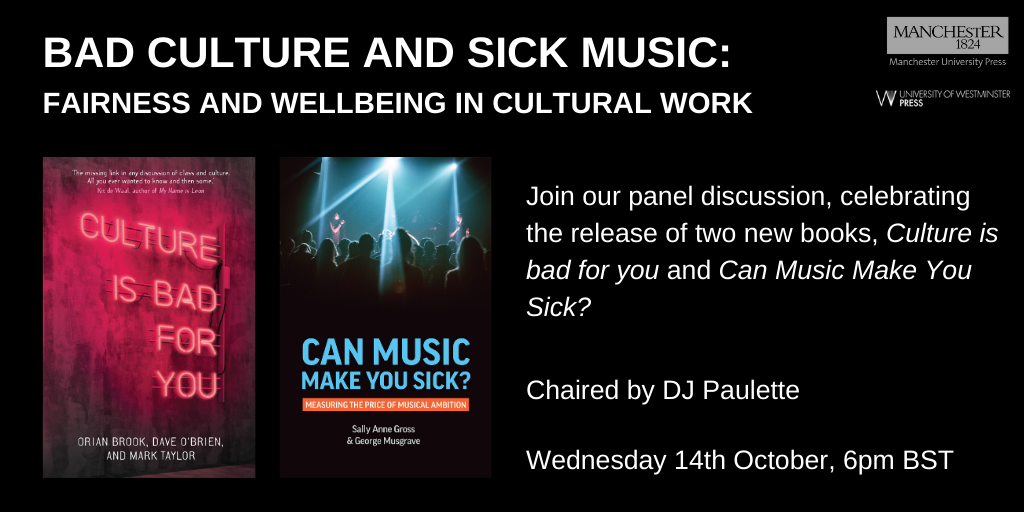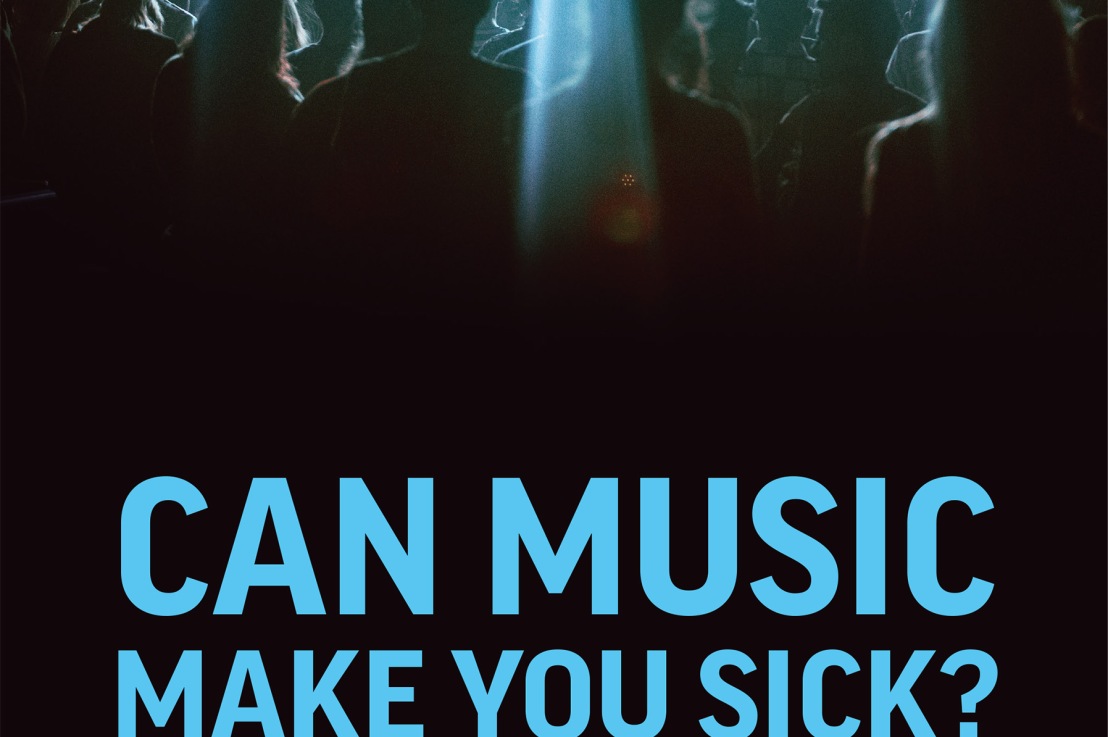cultural china is a new open access book series edited by Professor Gerda Wielander, Director of the Contemporary China Centre at the University of Westminster. The series is now open for submissions for book projects of between 35-90,000 words.
Further details about the series and the call are provided below.

The series builds on the success of Cultural China 2020 and Cultural China 2021 which provided up to date, informed and accessible commentary about Chinese and Sinophone languages, cultural practices, politics and production, and their critical analysis. The new book series publishes in-depth, peer reviewed research with a focus on the cultural to fill a gap in the field dominated by geo-political and economic concerns. The series aims to diversify and complicate understandings of contemporary China. We also encourage the submission of contextualised translations of Chinese language authors and intellectuals.
cultural china will publish books that critically study Chinese language, cultural practice and production from geographical areas, societies, groups, and individuals not confined by the borders of a nation state. By adopting the use of the lower case in the series title we want to shift the emphasis from a country’s name to a field. We hope that the puzzling encounter of a lower-case ‘c’ will prompt reflections about the ways we often equate individual names and states with homogenous culture.
Thus, cultural china is concerned with all the countries, societies, communities, interest groups and individuals who identify with any of the elements making up China and the Sinophone world, often occupying multiple positions within them or rejecting any association with them altogether. The name for the series acknowledges Tu Weiming’s concept of three symbolic universes (political entities that are predominantly ethnically Chinese; the Chinese diaspora; those studying China), but cultural china is interested in the less attention grabbing, less hyperbolic, less overpowering yet no less important developments and considerations in the field of culture.
The series aims to provide a critique of conceptual approaches that focus on state power, national boundaries or fixed identities; it promotes interdisciplinary dialogues and debate about the social, cultural, political and historical dynamics conducted from a diverse range of positions like feminism, multiculturalism, communitarianism, religious pluralism and many more.
We are particularly interested in the following topics as well as being open to proposals from other areas too:
- history, particularly cultural history of the 20th and 21st centuries
- film/drama and TV
- alternative, independent media
- religion, faith and spirituality
- psychology and mental health
- social studies of illness/disease and medicine
- heritage and memory
- music and identity
- Sinophone diaspora and culture
- minority culture/indigineity
- Fashion/clothes
- language politics
- visual art/aesthetics
- rural culture and society
- disability and the body/mind
- gender, identities and sexualities
- self, family and others
- literature, including poetry
- dance, drama and performance
- translation
The Editorial Board for the series is comprised of international scholars as listed below.
- Dr Hongwei Bao, University of Nottingham, UK
- Dr Carol Chan, Universidad Mayor Santiago, Chile
- Professor Sarah Dauncey, University of Nottingham, UK
- Professor Rossella Ferrari, University of Vienna, Austria
- Dr Derek Hird, University of Lancaster, UK
- Professor Michel Hockx, University of Notre Dame, USA
- Dr Seagh Kehoe, University of Westminster, UK
- Dr Paul Kendall, University of Westminster, UK
- Professor Gregory Lee, University of St Andrews, UK
- Dr Nicholas Loubere, University of Lund, Sweden
- Dr How Wee Ng, University of Westminster, UK
- Dr Anne Witchard, University of Westminster, UK
- Dr Cangbai Wang, University of Westminster, UK
- Professor Jie Yang, Simon Fraser University, Canada
- Dr Yow Cheun Hoe, Nanyang Technological University of Singapore
CALL DETAILS
We welcome proposals that fit the remit of this series from scholars based at any research institution across the globe. All submissions must be between 35,000-90,000 words in length, with a preference for projects that can submit a full draft typescript within 6-12 months. Single and co-authored works as well as edited collections are accepted. We do have a preference for monographs but will also consider suggestions for strong, editorially-led collected volumes. We also encourage the submission of contextualised translations of Chinese language authors and intellectuals.
The submission deadline is 30 April 2024, 23:59 GMT.
Submissions will be shortlisted by the series editor and successful proposals will then be sent for external peer review. All proposals are peer reviewed in accordance with the Association of University Presses guidelines on peer review, and the project will also be assessed by the UWP Editorial Board. Final decisions will be made by mid-July 2024.
Submissions should include a proposal form, which can be downloaded on the UWP website here, author/editor CVs and one sample chapter. The proposal covers the following sections and information:
- Book title and author/editor details
- Project overview – a synopsis of up to 500 words; three main features of the book that make it distinct; keywords to describe the book
- A table of contents and chapter abstracts
- Short author/editor biographies featuring 3-5 recent publications
- Details of your target audience – for whom do you write this book? Who will read it?
- Competing titles – or titles that your project builds on/the debates to which your project contributes
- Typescript Information – length, number of illustrations, special features etc
- A draft timetable for writing and submission
- Sample chapter details
Proposal submissions, and any queries regarding the process, should be made to Richard Baggaley, Press Manager at University of Westminster Press, at R.Baggaley@westminster.ac.uk.
PUBLISHING WITH UWP
UWP is a non-profit open access publisher of humanities and social science research, based in the UK, with a global reach. We support ‘diamond’ open access and most of our publications, including titles published in this series, are made available without fees to either authors or readers. We adhere to the highest standards both in terms of the academic quality of our publications and in our editorial and production work and strive to ensure a best-in-class experience for all our authors.
Books in the series are published open access online in ePUB, Mobi and PDF formats and simultaneously as affordable paperbacks. They are published using a Creative Commons licence (we use CC-BY-NC-ND as our standard licence but can discuss other options), and copyright in the work is retained by the author/editor. Books are hosted on open access sites including JSTOR, OAPEN and the UWP website and indexed by the Directory of Open Access Books and Science Open. You can find out more about publishing with UWP here.
Funding for publications in this call is provided via the Jisc Open Access Community Framework (OACF). This allows us to publish without author-facing fees or book processing charges. We are grateful to libraries at Lancaster University, University of Bristol, University of Manchester, University of Sheffield and University of York for their support of this series.




